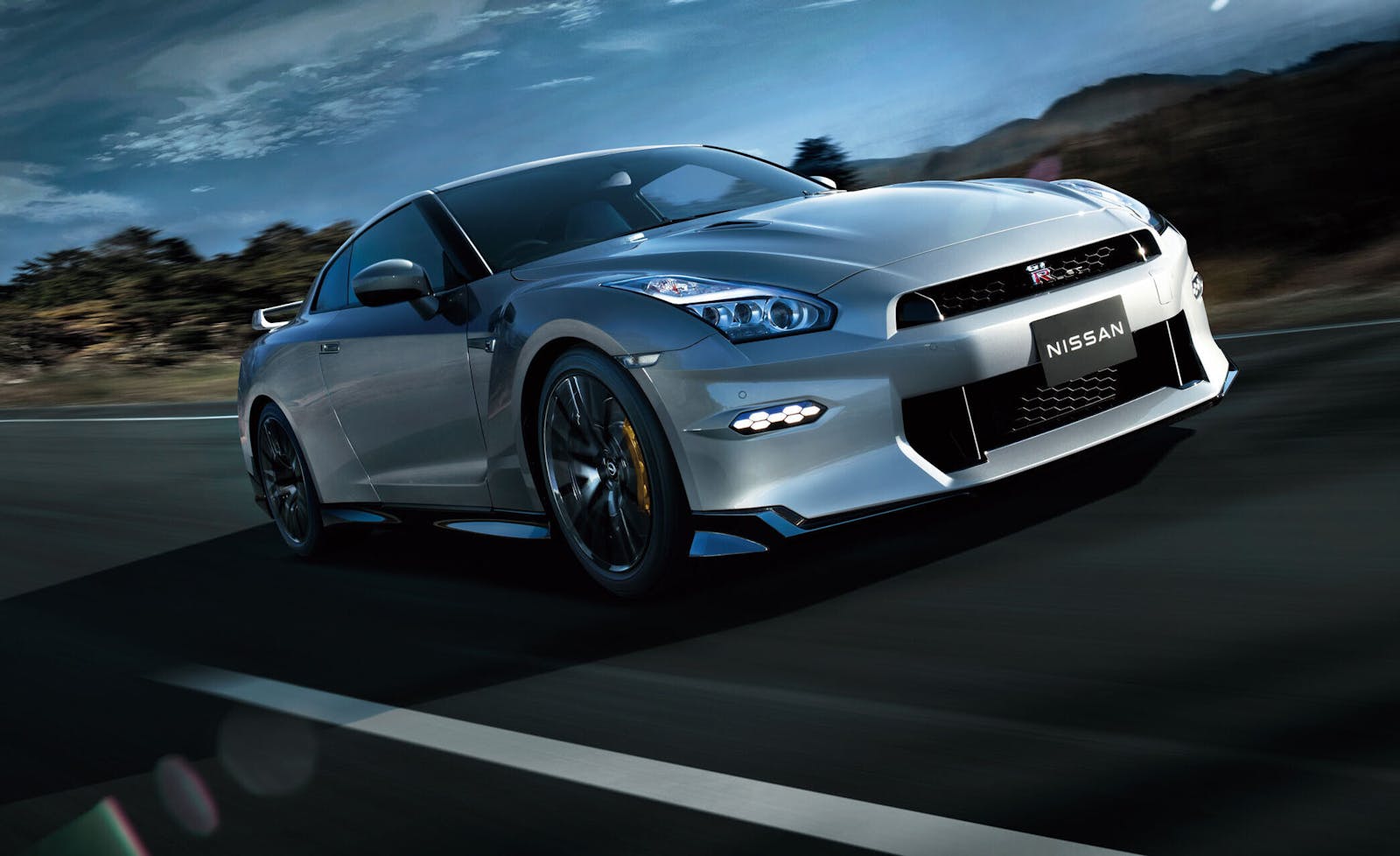Media | Articles
With Honda-Nissan-Mitsubishi Merger On the Rocks, Nissan to Go It Alone
Well, that didn’t last long: The expected $60 billion merger of Nissan, Honda, and stepchild Mitsubishi, planned for later this year, is officially off.
Nissan and Honda separately posted the same press release announcing the decision. “As a result of [the] discussions, both companies concluded that, to prioritize speed of decision-making and execution of management measures in an increasingly volatile market environment heading into the era of electrification, it would be most appropriate to cease discussions and terminate the MOU,” which stands for the Memorandum of Understanding, signed by both companies last December 23.
The press release continues: “Going forward, Nissan and Honda will collaborate within the framework of a strategic partnership aimed at the era of intelligence and electrified vehicles, striving to create new value and maximize the corporate value of both companies.”

That initial, five-paragraph release made no mention of Mitsubishi, which was not specifically included in that December MOU. Soon after, a two-paragraph press release that showed up on Honda’s global media website added Mitsubishi, as if they’d completely forgotten about the company. The second paragraph of that release: “Going forward, the three companies will collaborate within the framework of a strategic partnership aimed at the era of intelligence and electrified vehicles,” as they will be “striving to create new value and maximize the corporate value of each company.”
All of this means what, exactly? A story by Reuters seeks to explain it all, saying the merger talks stalled “due to Nissan’s pride and insufficient alarm about its predicament, as well as Honda’s abrupt decision to revise the terms and propose that Nissan become a subsidiary, according to six people familiar with the matter.”
Marketplace
Buy and sell classics with confidence
Nissan’s “pride” and “predicament” involves the diminished company’s insistence on being treated as an equal, and the fact that declining sales caused Nissan to cut its profit forecast by a startling 70 percent last November. The consensus among analysts: Nissan is in trouble.

There was talk of a possible merger with electronics conglomerate Foxconn, but that appears to be stalled out as well. So it appears Nissan will go it alone. In still another press release issued early Thursday, Nissan outlined its independent turnaround plan. “Nissan is fully committed to its turnaround actions,” said Nissan President and CEO Makoto Uchida, “aiming to reduce costs by around 400 billion yen [about $2.62 billion]. We are dedicated to achieving a more efficient cost structure while driving top-line growth through enhanced competitive products that cater to the diverse needs of our customers. We are executing our turnaround—centered on efficiency and growth—with pace and purpose.”
The plan includes cutting Nissan manufacturing jobs in three factories, one in Thailand, and two in the U.S.—its Canton, Mississippi, and Smyrna, Tennessee, plants, starting the first quarter of this year. “This rightsizing,” Nissan said, “will reduce headcount in vehicle and powertrain plants by 5,300 in fiscal year 2025 and 1,200 in FY26, contributing to a total reduction of 6,500.”

Cuts reach up to white-collar jobs, too, as Nissan said it is “reducing top management positions by 20 percent.” Add to that plans to cut production capacity globally by 20 percent, from the current five million units to four million.
Nissan will concentrate on some new products, including plug-in hybrids for 2025 and 2026, as well as enhancing its current lineup. In the future, “Nissan aims to democratize door-to-door autonomous driving and offer driverless mobility services in Japan with plans for commercialization by fiscal year 2027.”
On top of Nissan’s problems, all Japanese auto manufacturers are, of course, nervous over proposed U.S. tariffs, which would very likely raise the cost of imported vehicles.
Stay tuned; This promises to be a turbulent year in the automotive industry.















I really think Honda just did not want the risk. There was more risk vs gain here.
All automakers are at risk right now. The high price of cars snd expensive development cost of EV are killing these companies.
When you see them lay off engineers and then see so many quality issues even at Toyota you know things are bad.
Nissan is going to either make a deal with someone or they may fail.
Nissan does seem to be on a big decline. It made little sense for them to be with Honda other than Honda gaining some body on frame truck stuff to work with. Nothing Nissan makes is as good as Honda other than the Z and that’s only because Honda has no sports cars. The fact that no one bothered to Mention Mitsubishi till later shows how little (well nothing actually) they bring to the table. I’m sad to see that plant workers here in the USA will lose their jobs. Hopefully they can find somewhere else with another manufacturer to be working at.
Hard to comment on. From my understanding, which is admittedly vague at best, the Japanese follow a very different corporate structure than the U.S. model in many ways. While both have their pros and cons, an outsiders prospective is way above my pay grade and as much seemingly hard for even corporate insiders to reconcile even in a global market.